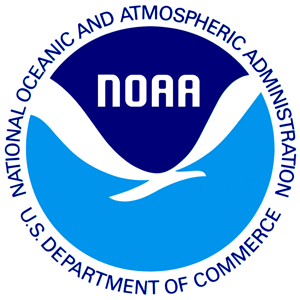Gregory D. Williams
Background
Greg Williams has been with the Ecosystem Science Program at the Northwest Fisheries Science Center since 2005. He received a B.S. in Biology from Washington and Lee University and an M.S. in Fisheries from the University of Washington. Before coming to the NWFSC, Greg was a research scientist focused on Restoration Ecology with the Pacific Estuarine Research Laboratory at San Diego State University and the Department of Energy’s Pacific Northwest National Laboratory in Sequim, WA. Greg is a NOAA-certified Working Diver and small boat operator.
Current Research
Greg’s research generally seeks to understand how marine and estuarine organisms use habitat and how this can inform ecosystem restoration and management. His research has focused on studying the effects of land-use on nearshore ecological function, using innovative technology (e.g., acoustic tags, stable isotopes) to clarify patterns of marine animal movement and resource use, and developing ecosystem indicator portfolios. Greg is a coordinator of the California Current Integrated Ecosystem Assessment (IEA), for which he supports the science leads in developing the annual ecosystem status report, manages contributions of science team members, develops publication and website content, and facilitates stakeholder and partner engagement. He is also part of a team (Science Input Team) focused on bolstering the science underlying existing tools used to conserve and manage eelgrass and kelp habitats in nearshore ecosystems.
